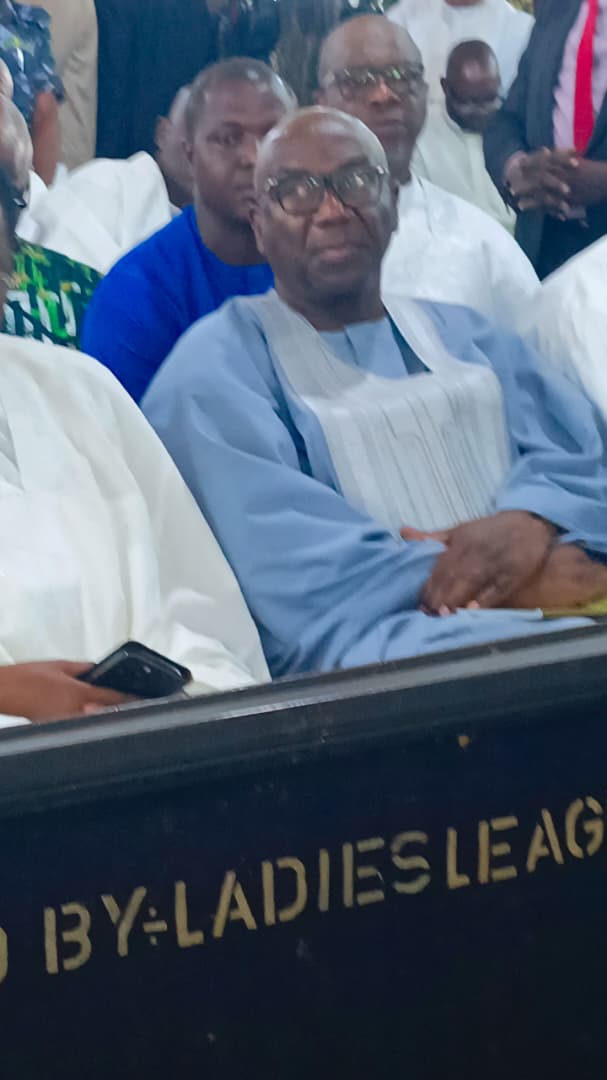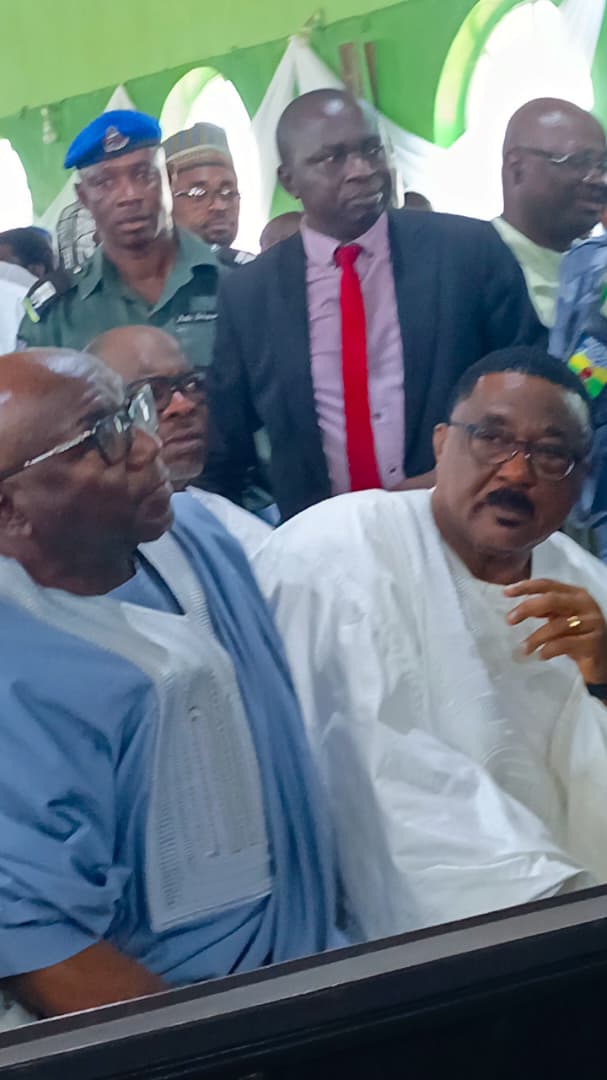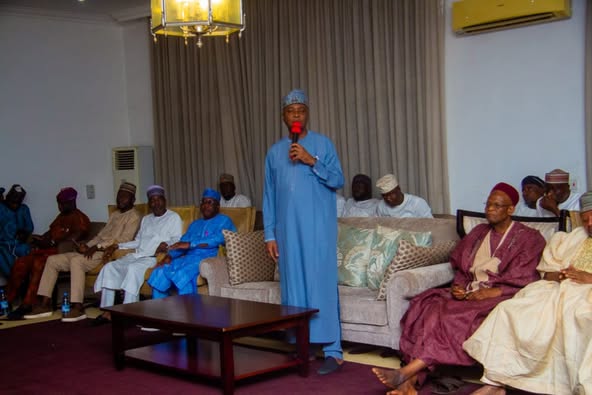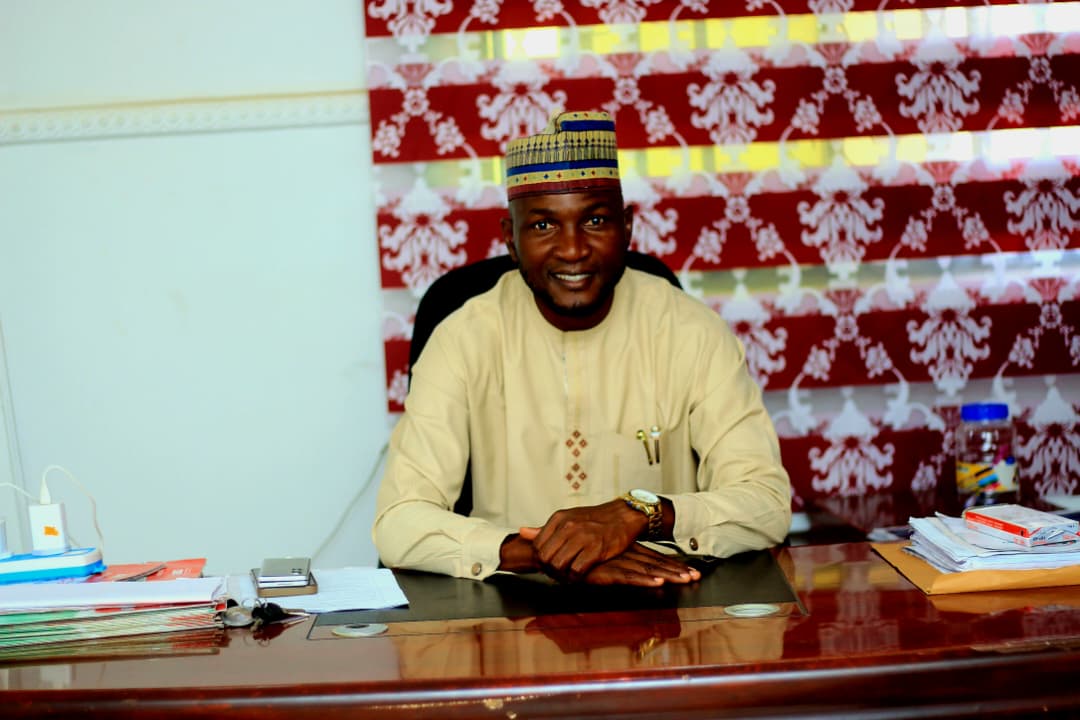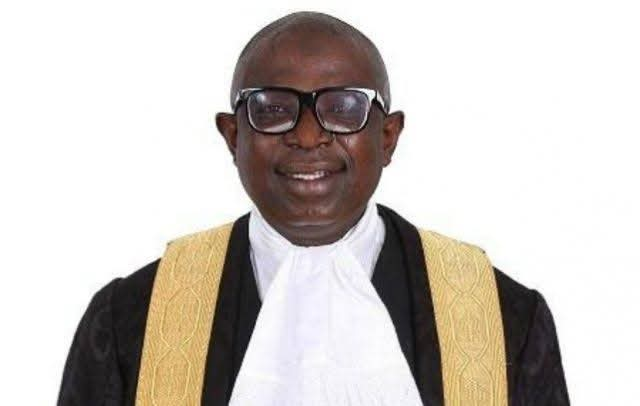The New Government Secretariat: an emergence of Kwara’s Symbolic Governance Failure
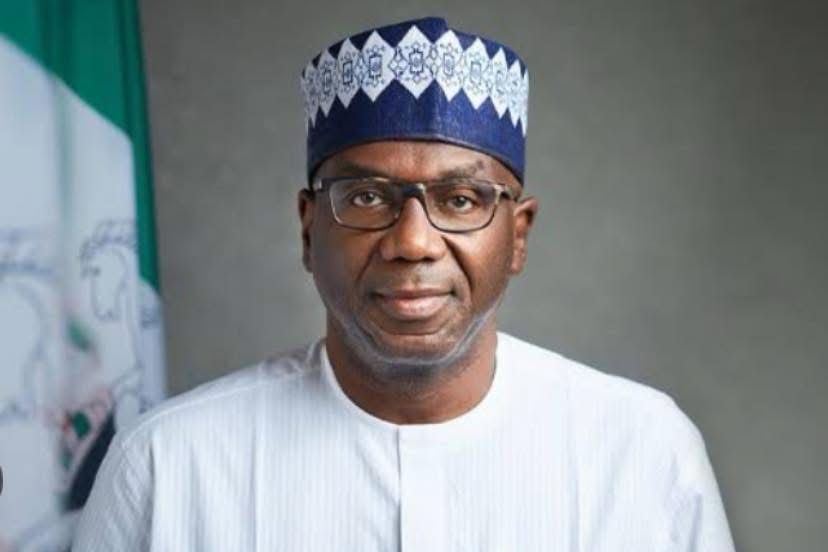
Lawal Akanbi Sharafadeen
In a country grappling with unrelenting economic hardship, runaway inflation, a currency in distress and a population suffocating under the burden of daily survival, the least expected from any forward-thinking administration would be the prioritization of fiscal prudence, compassion and clarity of purpose. Unfortunately, recent developments in Kwara State reveal a deeply unsettling contradiction: a government seemingly out of touch with the immediate realities of its people.
The Kwara State Government’s decision to embark on the construction of new office buildings at a time when citizens are yearning for basic infrastructure, improved healthcare, functional schools and meaningful palliatives betrays a governance philosophy rooted more in optics than in impact. Cloaked under the pretext of “enhancing public service delivery,” this project bears all the hallmarks of a tone-deaf administration more concerned with administrative comfort than with the pressing needs of its constituents.
The state government’s hasty rebuttal that “it is not building a new Government House” is a tired semantic dance that seeks to blur the lines between genuine necessity and bureaucratic self-indulgence. Whether it is called a Government House, a State Secretariat Annex, or “adjacent offices,” the truth remains: it is an expensive reckless undertaking during a time of economic crisis, and it cannot be justified by any stretch of ethical reasoning.
Even more alarming is the attempted rationalization by the Commissioner for Housing and Urban Development, who described the new offices as a means to “bridge gaps” and provide a “befitting working environment for government functionaries,” especially when we consider the fact that the commercial transportation that these “Goverment functionaries” rely on for movement to reach the proposed location of the new Government house offices can no longer ply the road that leads to the office, the irony is unmistakable. What Kwara needs are befitting learning environments for students, equipped hospitals for the sick, safe roads for transporters and affordable staples for struggling households, not plush conference rooms and freshly painted bureaucratic suites.
It is both shameful and disgraceful that while the masses are tightening belts, state elites are expanding their personal and administrative comforts. The people of Kwara deserve visible and measurable dividends of democracy, not hollow architectural monuments to political vanity. The same civil servants that this project allegedly seeks to accommodate are themselves victims of underwhelming welfare packages, with poor Salary package, underpaid promotions and inadequate tools for productivity. Will an air-conditioned conference room solve that?
More disturbing is the timing and symbolism. This is a period when even the Federal Government has acknowledged economic hardship and called for restraint. When foreign missions like the U.S. Embassy are amplifying concerns about the profligacy of Nigerian leaders, as they recently did in a report condemning governors who lavish billions on edifices, it becomes morally repugnant for any state, especially one like Kwara with no abundance of resources, to embark on similar extravagance.
This is not governance; this is governance theatre. It is a dangerous prioritization of bricks over bread, prestige over people, concrete over compassion.
Governor AbdulRahman AbdulRazaq must remember that history does not look kindly on leaders who invest in concrete comforts for the elite while the poor go without food, healthcare and dignity. Political legacies are not built on walls; they are etched in the memory of the people whose lives are genuinely improved.
There is still time to reverse course. The funds earmarked for this needless project can be redirected to social safety nets, rural electrification, primary healthcare centers, or even a transparent youth empowerment scheme. Anything but this.
The people are watching and increasingly, they are also remembering.
Lawal Akanbi Sharafadeen writes from Kwara State Capital
